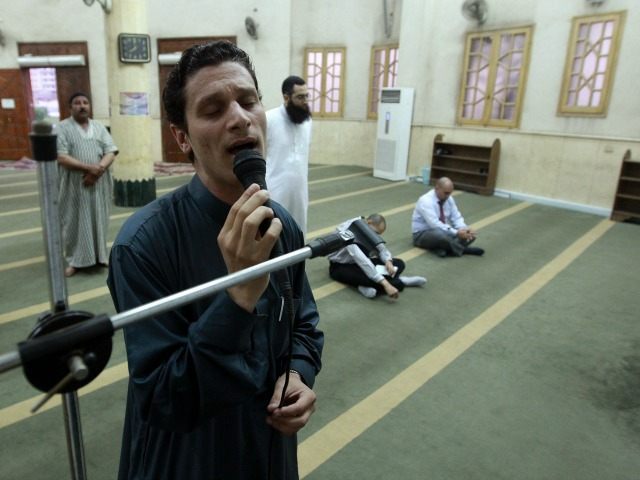TEL AVIV – Following the Knesset’s initial approval of the “muezzin bill,” a piece of legislation prohibiting loud noise at places of worship, a Druze Israeli-Arab came out in support of the bill, saying that mosque muezzin speakers disturbs the Arab and Muslim public as well.
Writing in the London-based Saudi daily Al-Hayat over the weekend, Dr. Salman Masalha’s views contrasted much of the prevailing backlash from the Arab world, which deemed the bill a declaration of war against Islam.
Masalha takes the critics to task, saying that instead of simply labeling it a “racist” bill by virtue of its support from Israeli Jews, it should be considered objectively on its own merits.
“Against the background of the Israel-Palestinian conflict, it is very easy to label as racist every action of the Israeli rival, which is represented by this hated government,” Masalha writes in the article, translated by the Middle East Media Research Institute (MEMRI).
He explains that Arab cities and villages in Israel suffer from the phenomenon of loudspeakers, not only from mosques but also from the incessant broadcast of commercials and those used “by grocers to shoe and clog sellers” who fill the air “with a deafening racket night and day.”
By doing so, these “annoying people,” writes Masalha, “harm the sick and the elderly, as well as children and other people, who have a need for peace and quiet in their homes and their neighborhoods.”
Moreover, he notes, even in Arab countries there have been calls to ban the use of loudspeakers, and for decades fatwas have been issued justifying such bans.
“People in the Arab world suffer greatly from this worrying phenomenon and are seeking a solution to it, and Muslim clerics are likewise working to resolve it,” Masalha said, adding that Saudi Arabia issued a fatwa prohibiting the use of loudspeakers that disturb people.
Masalha denounces the hypocrisy of Arab members of Knesset who have come out so vehemently against the muezzin bill, slamming them for “chanting populist slogans” instead of considering the issue “separately from the sensitivities of the struggle over this homeland.”
The basic right to peace and quiet in public places, says Masalha, “is in the interest of all residents, regardless of political affiliation and political controversies.”
He notes that the Arab Knesset members’ opposition gained the support of the ultra-religious Orthodox Jewish parties, since those parties are worried about what the law (which doesn’t discriminate between religious houses of worship) would mean for them.
Masalha concludes that the “optimal position on these matters should seek to end [all] disturbances, regardless of their source and the affiliation of the people responsible for them, be they Jewish, Muslim, Christian or members of any other group.”

COMMENTS
Please let us know if you're having issues with commenting.